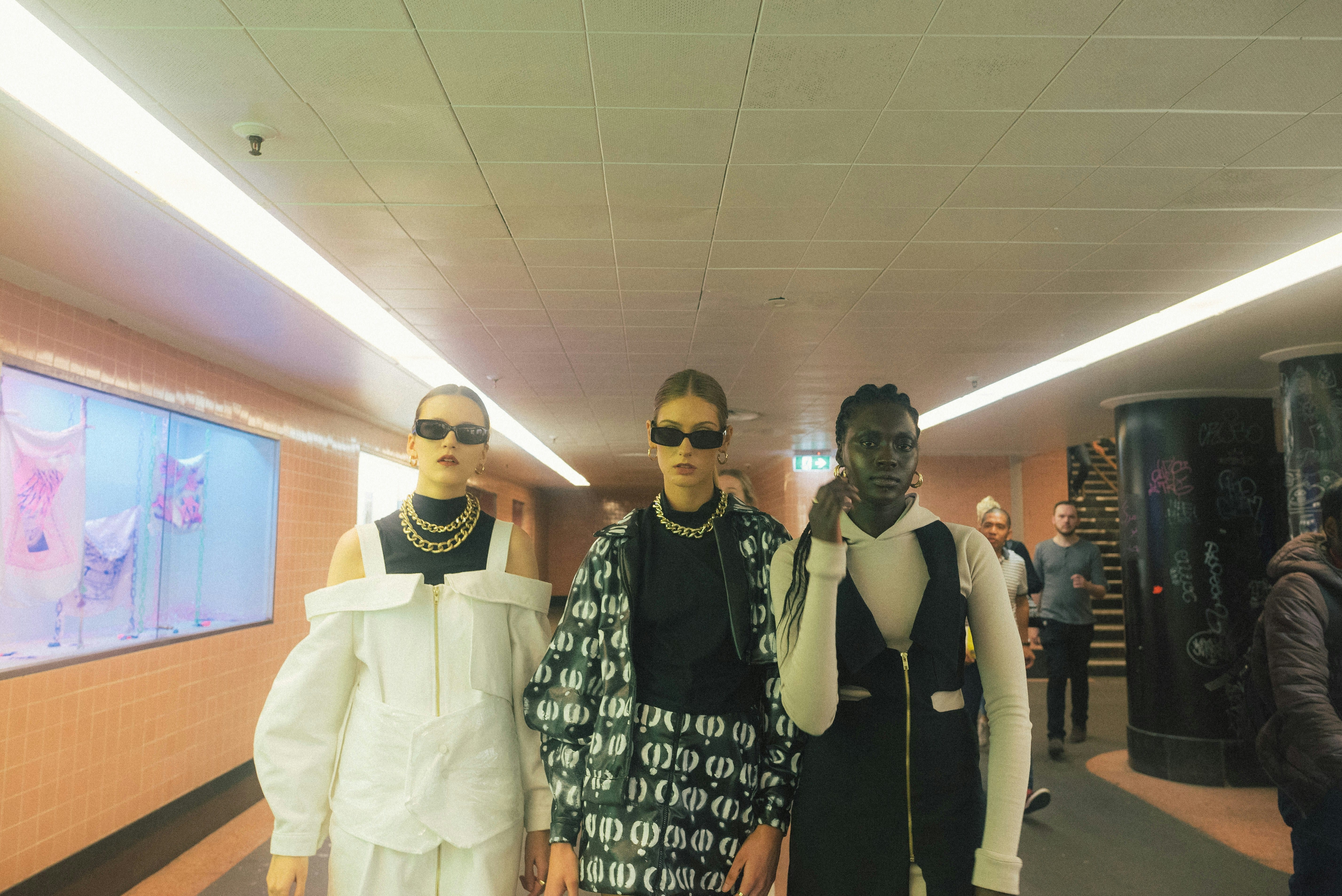Influencer Sign up
I want to try Influeri
for free as...
I am...
The Psychology Behind Why We Love User-Generated Content🧠🙌
As consumers, we are constantly bombarded with advertisements and branded content. However, user-generated content (UGC) has become increasingly popular among consumers in recent years. The rise of social media platforms has allowed users to create and share their own content in a way that was not possible in the past. But why do we love UGC so much? The answer lies in the psychology behind it.

Social Proof
One of the primary reasons why we love UGC is the concept of social proof. Social proof is the idea that people are more likely to follow the actions of others in order to conform to social norms. When we see others using a product or service and promoting it through UGC, we are more likely to trust their opinion and consider using it ourselves.
A study conducted by AdWeek found that 85% of users find UGC more influential than branded content. This is because UGC provides a sense of social proof that other forms of media cannot. When users see their peers enthusiastically sharing their experiences with a product or service, they feel more confident in their decision to use it too.
But what is it about social proof that makes it so powerful? One reason is that humans have a natural desire to fit in and belong to a group. We often look to others for cues on how to behave and what decisions to make. When we see UGC that aligns with our own values and desires, it validates our choices and helps us feel part of a community. This sense of belonging and conformity can be a strong motivator for us to engage with UGC and consider the products or services being endorsed.
Authenticity
Another reason why we love UGC is that it comes across as more authentic. Branded content can often feel forced and inauthentic, while UGC is created by real people who are genuinely passionate about the product or service. As a result, consumers tend to view UGC as a more honest representation of the brand.
Authenticity is particularly important for younger generations. A survey conducted by Stackla found that 90% of millennials believe authenticity is important when deciding which brands they like and support. This is likely due to the fact that millennials and Gen Z were raised in an era where advertisements were ubiquitous. As a result, they have developed a heightened ability to detect when brands are being inauthentic.
Authenticity is not just about being genuine, but also about being relatable. UGC allows consumers to see how a product or service fits into the lives of real people like them. They can see it being used in real-life situations, and this helps them envision themselves using it as well. This relatability creates a sense of trust and connection that traditional advertising struggles to achieve.

Emotional Connection
UGC can also create an emotional connection with consumers. When we see others using a product or service and having a positive experience, we may feel a sense of belonging or connection with that community. This emotional connection can lead to a sense of loyalty towards the brand, and a desire to share our own experiences through UGC.
Research has shown that emotional connection is a key driver of brand loyalty. According to a study by Motista, consumers with an emotional connection to a brand have a 306% higher lifetime value than those who don't. In other words, consumers who feel emotionally connected to a brand are more likely to continue buying from that brand over a lifetime.
The emotional connection formed through UGC is often based on shared values and aspirations. UGC allows consumers to see how a product or service aligns with their own beliefs and goals. For example, if a fitness influencer shares their journey of using a particular brand of fitness equipment and achieving their fitness goals, viewers who have similar health and fitness aspirations may feel inspired and motivated to try the brand as well.
Furthermore, UGC can evoke strong emotions in viewers. By sharing their personal stories and experiences, users can tap into the power of storytelling. When we hear stories that resonate with us, we are more likely to remember them and form an emotional connection. UGC, in the form of testimonials or reviews, can provide these powerful narratives that engage consumers on an emotional level.
Credible Sources
These psychological theories are backed up by credible sources. A study conducted by Stackla found that UGC is 2.4 times more likely to be seen as authentic compared to branded content. Another study conducted by Reevoo found that UGC results in a 7% increase in purchase intent.
Research has also shown that UGC can be an effective way to alleviate consumer skepticism. A survey conducted by Collective Bias found that 70% of millennials are more likely to buy a product endorsed by a peer than a celebrity. This is because consumers trust the recommendations of their peers more than they trust advertisements featuring celebrities.
By leveraging UGC, brands can tap into the power of trustworthy recommendations and build credibility with their target audience. When consumers see UGC from real people with no vested interest in the brand, they are more likely to view it as unbiased information and make informed purchase decisions.
In conclusion, the psychology behind why we love UGC is rooted in social proof, authenticity, and emotional connection. UGC allows us to see real people using and promoting products and services, which can create a strong sense of trust and loyalty towards the brand. It appeals to our desire to conform, connect, and make authentic choices. As UGC continues to gain popularity, it is important for brands to recognise the power of this type of content and incorporate it into their marketing strategies.
Sources:
- https://www.adweek.com/digital/infographic-users-consider-user-generated-content-35-more-memorable-than-other-media-formats/
- https://stackla.com/resources/reports/consumer-content-report-2017/
- https://blog.reevoo.com/are-consumers-more-likely-to-buy-after-reading-good-reviews-we-did-the-research-for-you/
- https://www.business2community.com/branding/how-authenticity-and-emotional-connection-help-create-brand-loyalty-02306446
- https://www.skyword.com/contentstandard/marketing/brand-loyalty-benefits-your-bottom-line/
- https://www.collectivebias.com/solutions/knowledge-center/influencer-marketing-study/
- https://www.businessinsider.com/why-millennials-hate-ads-2016-8



